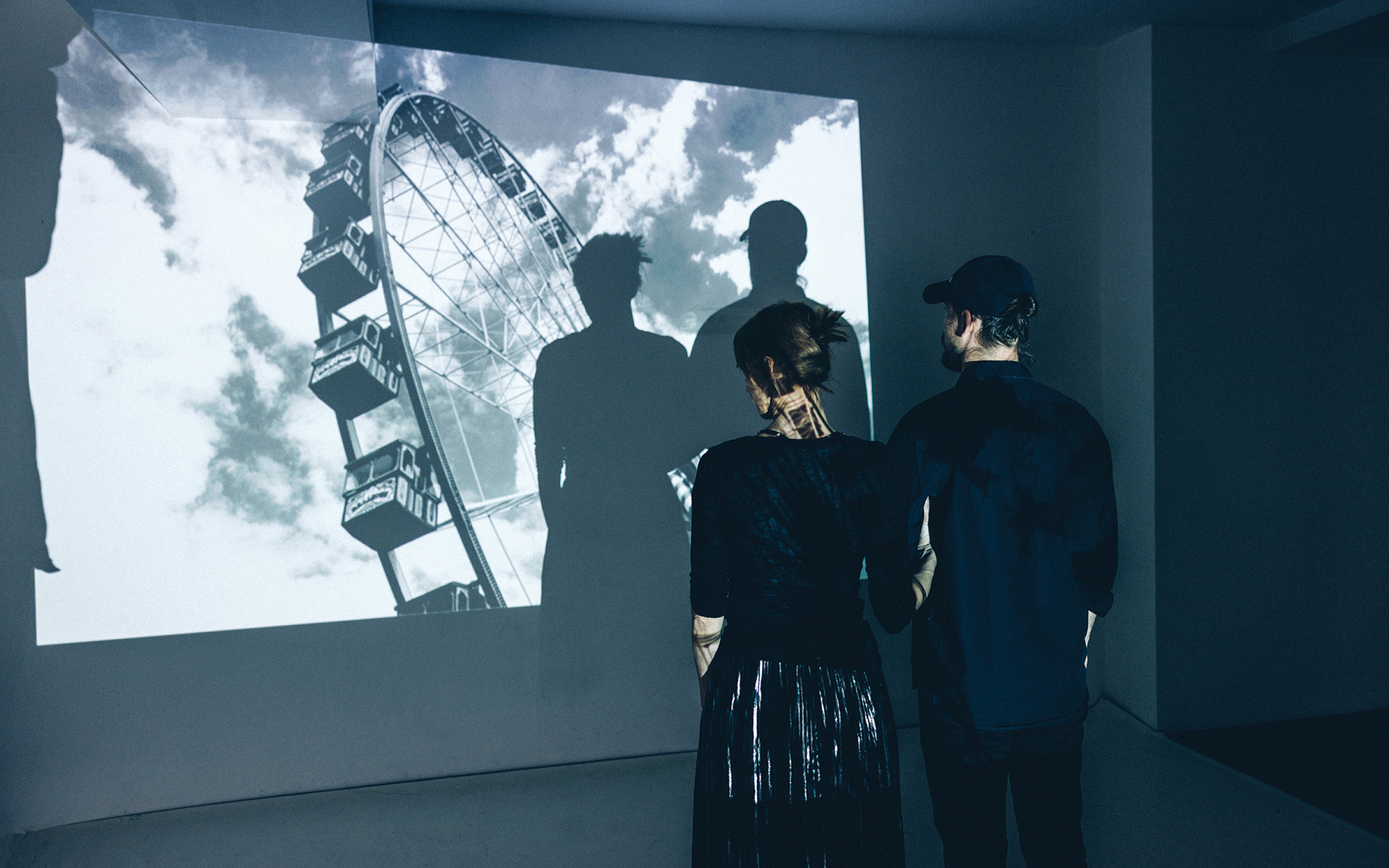Ödön von Horváth
Casimir and Caroline
Ödön von Horváth, the Austrian-Hungarian writer and playwright, wrote his play Casimir and Caroline at the beginning of the 1930s, in the period between the two world wars and just a year before Hitler’s rise to power. The representatives of social mood – the mood that was paved by the chilling rise of fascism and Nazism – were simple folks who were fed up with their ever-lasting existential issues and therefore willing to put the blame on someone else.
The drama Casimir and Caroline is set against the backdrop of Oktoberfest, the famous feast in the capital of Bavaria where people – in order to forget their everyday problems – feast on sausages and drink beer until unbridled passions flare between them.
The protagonists of the play are an unemployed lorry driver who has just lost his job and his girlfriend, a simple clerk.
A seemingly innocent and banal quarrel between the two lovers, which due to economic and social circumstances is not just that, results in a breakup that is impossible to prevent
Frustrated and desperate Casimir finds comfort in the company of aggressive Franz and his lover Erna, while Caroline first entertains with a lonely civil servant Schurzinger, but later is kept company by two respectable and wealthy gentlemen Rauch and Speer.
Kasimir und Karoline, 1932
Drama
Creators
Translator
Borut Trekman
Director
Nina Rajić Kranjac
In his most famous theatre work that he defined as a folk play, Ödön von Horváth again manifests that he is a remarkable master of depicting the fate of poor middle-class townspeople without any prospects and as an astute observer of fragile women’s characters within unequal power relations in a drastically patriarchal world.
Casimir and Caroline is a play that in a visionary way predicts the distress of people who in 90 years (the play was written in 1932) become a banal reality, not just a warning.
Opening in December 2022 on the Main Stage

